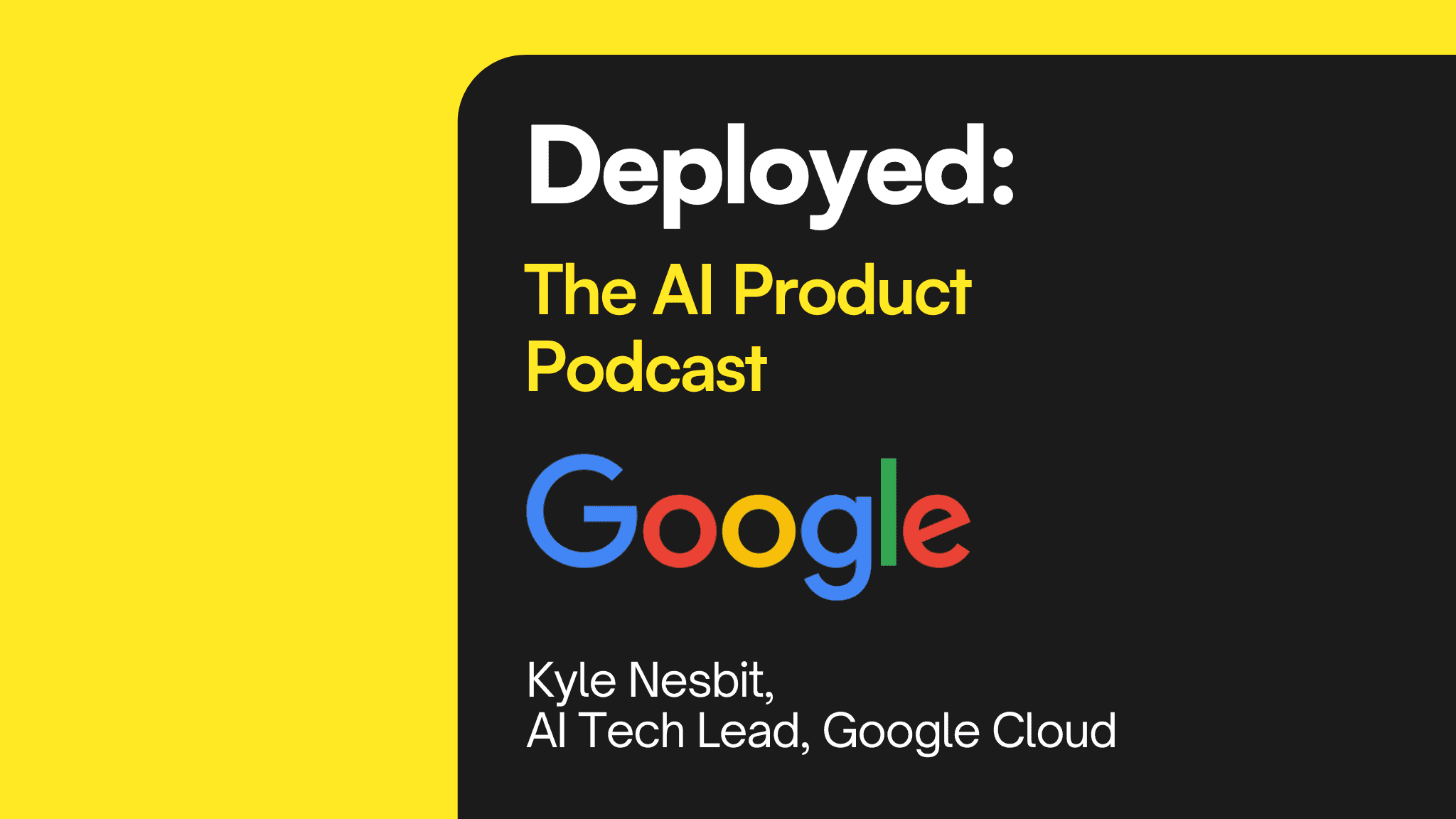In our latest episode of Deployed, we talk with Sarah Guo, founder of Conviction, an early-stage VC firm focused exclusively on AI. She was formerly a partner at Greylock and has been an early investor in breakout AI startups like Baseten, Harvey, Mistral and Sierra, plus we were fortunate to have her as one of our earliest investors at Freeplay.
Sarah has a helpful vantage point for AI builders as the result of sitting at the intersection of AI research, startups, and enterprise adoption. In our conversation, she shared valuable perspective on what's working, what's challenging, and where opportunities lie for teams building AI products (at least at this moment in time! things change fast). We explore everything from the rapidly evolving best practices in AI development, to the cultural shifts needed to build competitive AI products, to thoughts on why so many products get stuck at the prototype phase and don’t make it to production.
Especially for teams who are heads down and focused on execution, we think this is a helpful conversation to help you pull up and think about the bigger picture of what’s happening with AI right now – whether you’re being ambitious enough, adopting new techniques fast enough, etc.
As always, you can watch/listen to the full episode (and subscribe!) on YouTube, Spotify and Apple Podcasts.
Keeping Up With The Rapidly Evolving State of AI
One of the most significant challenges facing product teams today is the constantly shifting landscape of AI best practices.
The rapid evolution of the whole AI ecosystem creates both challenges and opportunities. There’s a lot of competitive upside for the teams who stay current on the latest techniques — which today includes topics like agent orchestration, reinforcement fine-tuning, advanced RAG implementations, etc. Sarah make a good point here: What's considered state-of-the-art shifts so quickly that maintaining awareness of these changes becomes a critical organizational capability.
"The ways in which you should manipulate the model to use your information to successfully do more and more sophisticated tasks is changing like every month… I do think that the skill within organizations that is very useful is like being up to date on the latest and greatest from a techniques perspective. A lot of that is actually primary learning of understanding your own business and what the models are capable of."
Build Like The Impossible Will Soon Be Possible
Sarah’s also fortune to work with a big cross section of leading teams, so she sees common traits. When asked about teams that are most successful at adapting to this changing landscape, Sarah emphasized the value of thinking big:
"I think it just helps to have a very ambitious roadmap... One thing that strikes me every time I talk to people who are building product in conjunction with the research teams at the labs, or even some of our companies that have like agentic workflow products in out in the wild like Harvey is, they just assume that they're going to be able to do everything eventually... And if you do that, the current set of products that you have will always fall short, but you can take this broad set of things that you want to be able to do with agents and just say, okay, at what point will I close that gap?"
This is similar advice that’s shared often from leaders in AI – Sam Altman says it often.
For so many product teams, it’s like a new muscle to build. People aren’t used to the art of the possible changing so quickly, but it’s become critical to expect continuous improvement in the models rather than over-invest to address current limitations. Leaders need to think about what this means for team culture, how time gets spent, etc.
AI Product Culture At Foundation Model Labs vs. Enterprises
One of the most interesting parts of our conversation highlighted the stark contrast between how AI labs approach problems versus enterprise requirements. We see tension here a lot – especially as people at large enterprises try to make sense of all the projects coming out of the big labs.
"We had a bunch of the portfolio go hang out with researchers at one of the major labs recently... their reaction to a question I had around the ability to use agents more reliably... was just like, if you just needed to be more reliable in this, don't, like just work on less sensitive use cases."
She contrasts that with common perspectives of enterprise teams: They’re not going to quickly just jump to other interesting use cases. They know the high value problems their customers need solved and what will drive revenue, and they want to make AI work in those contexts – even if it’s hard.
This gets at the fundamental challenge of deploying AI in real-world settings, and points to why it’s so hard for many enterprise user cases to get from prototype to production.
Final Thoughts
We get into lots more good topics – building the right mental models for evals/quality targets, use cases that are worthy of exploration by founders, etc. Our conversation with Sarah offers valuable perspective for any team building AI products today. Check out the full episode for the rest.
Want to hear more conversations like this? You can subscribe to future episodes of Deployed: The AI Product Podcast on Spotify, Apple Podcasts, or YouTube.
Categories
Podcast
Authors

Ian Cairns



